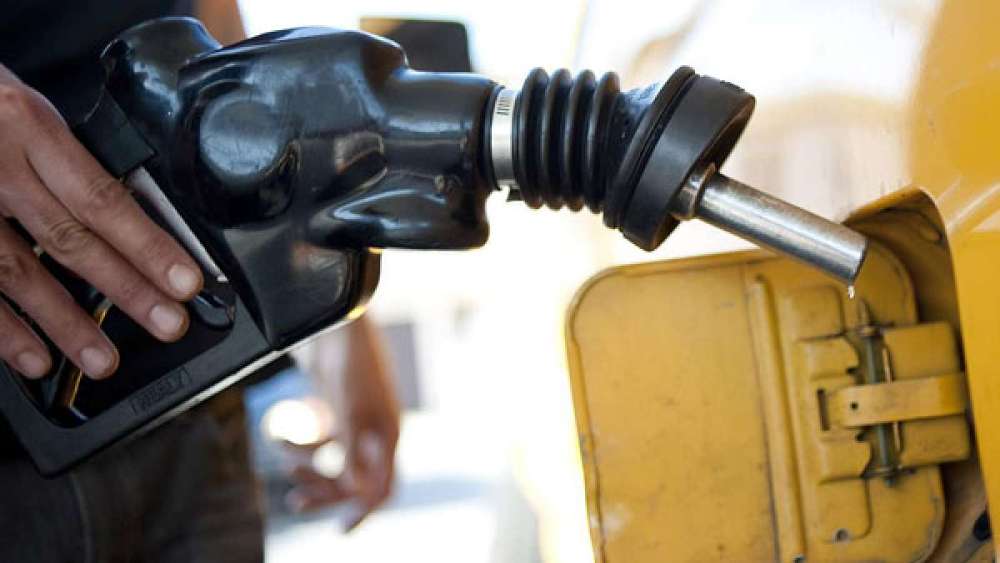Latest statistics by the Nigerian Bureau of Statistics (NBS) has shown that the average price paid by consumers for petrol, diesel, and kerosene decreased month on month by 0.3 per cent, 1.3 per cent and 2.30 per cent respectively in November 2017.
This was disclosed in three reports published on the bureau’s website on Sunday.
Petrol decreased from N146 in October to N145.6 in November 2017, diesel decreased from N201.96 in October to N199.26 in November 2017, and kerosene decreased from N273.44 in October to N267.14 in November, the report explained.
When compared to November 2016, the average price of petrol decreased by 0.75 per cent from the N146.7 recorded; the average price of diesel increased by 1.84 per cent from N195.67 and the average price of kerosene decreased by 5.56 percent from the N282.86 recorded.
The report showed that Bayelsa, Akwa Ibom and Ebonyi states recorded the highest average prices of premium motor spirit (petrol) at N150.5, N 150.33 and N148.57 respectively.
States with the lowest average prices of petrol were Plateau, Nasarawa and the Federal Capital Territory at N143.6, N144 and N144.08 rates respectively.
For diesel, the states with the highest average prices of diesel were Kebbi, Taraba and Sokoto states at the rates of N219.37, N217.50, and N216.66 respectively while, Bayelsa, Delta and Nasarawa states recorded the lowest average price of diesel at N175.71, N182.91 and N183.75 respectively.
Edo, Enugu, and Jigawa states recorded the highest average prices per litre of Kerosene in November at N300.88, N300.00, and N298.14 respectively, while Nasarawa, Zamfara and Kano states recorded the lowest average prices per litre of Kerosene for November at N216.66, N206.42 and N204.99, respectively.
Also, the average price per gallon paid by consumers for kerosene increased by 11.95 per cent to N1,052.33 in November when compared to the N1,035.12 recorded in October 2017 and increased by 28.89 per cent when compared to the N816.46 recorded in November 2016.
The states with the highest average price per gallon of kerosene were Edo at N1,203.52, Enugu at N1,200.00 and Jigawa at N1,192.56.
The report added that Nasarawa, Osun and Oyo states recorded the lowest average prices per litre of kerosene at N866.64, N825.68, and N819.96 respectively.

